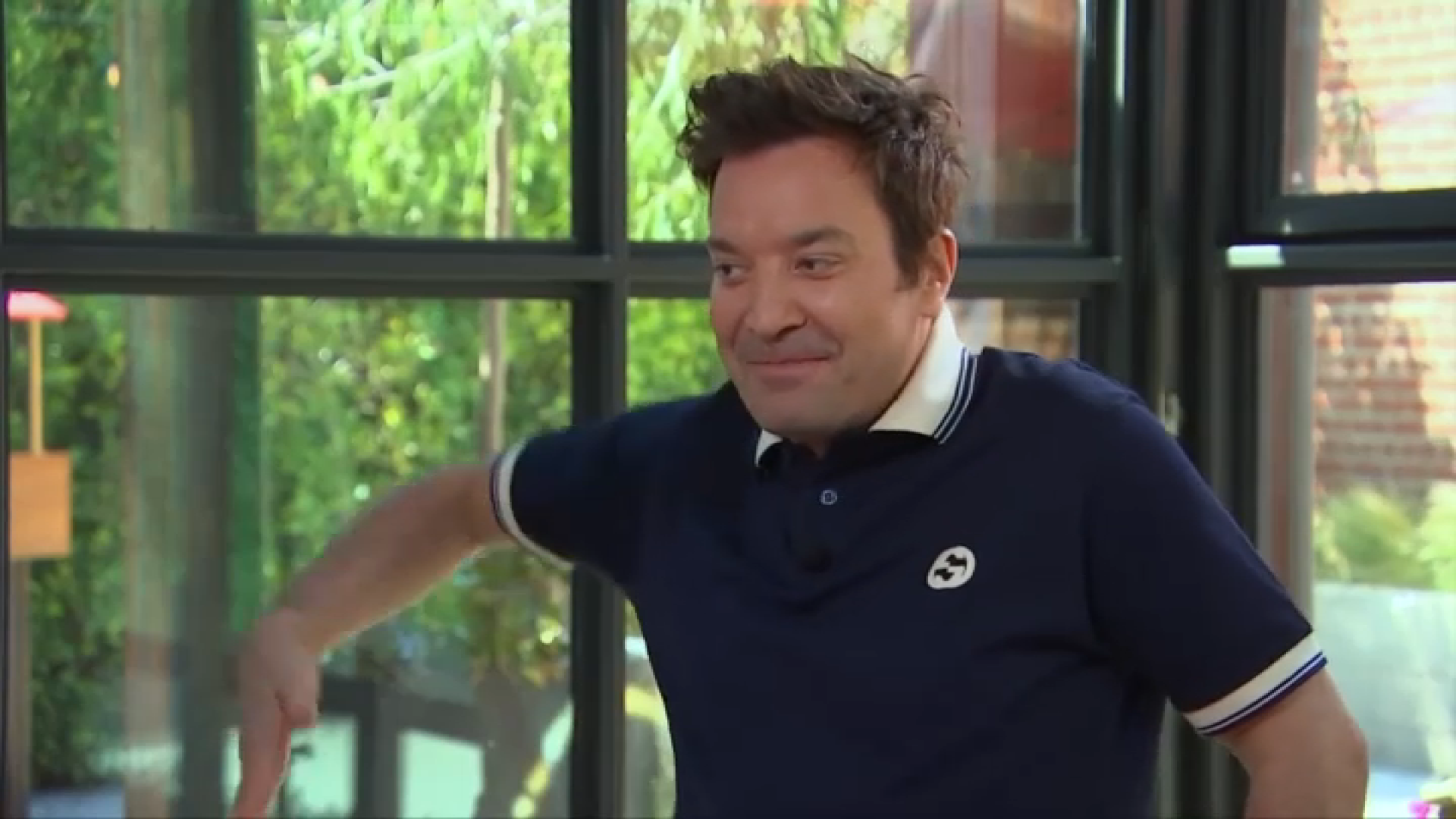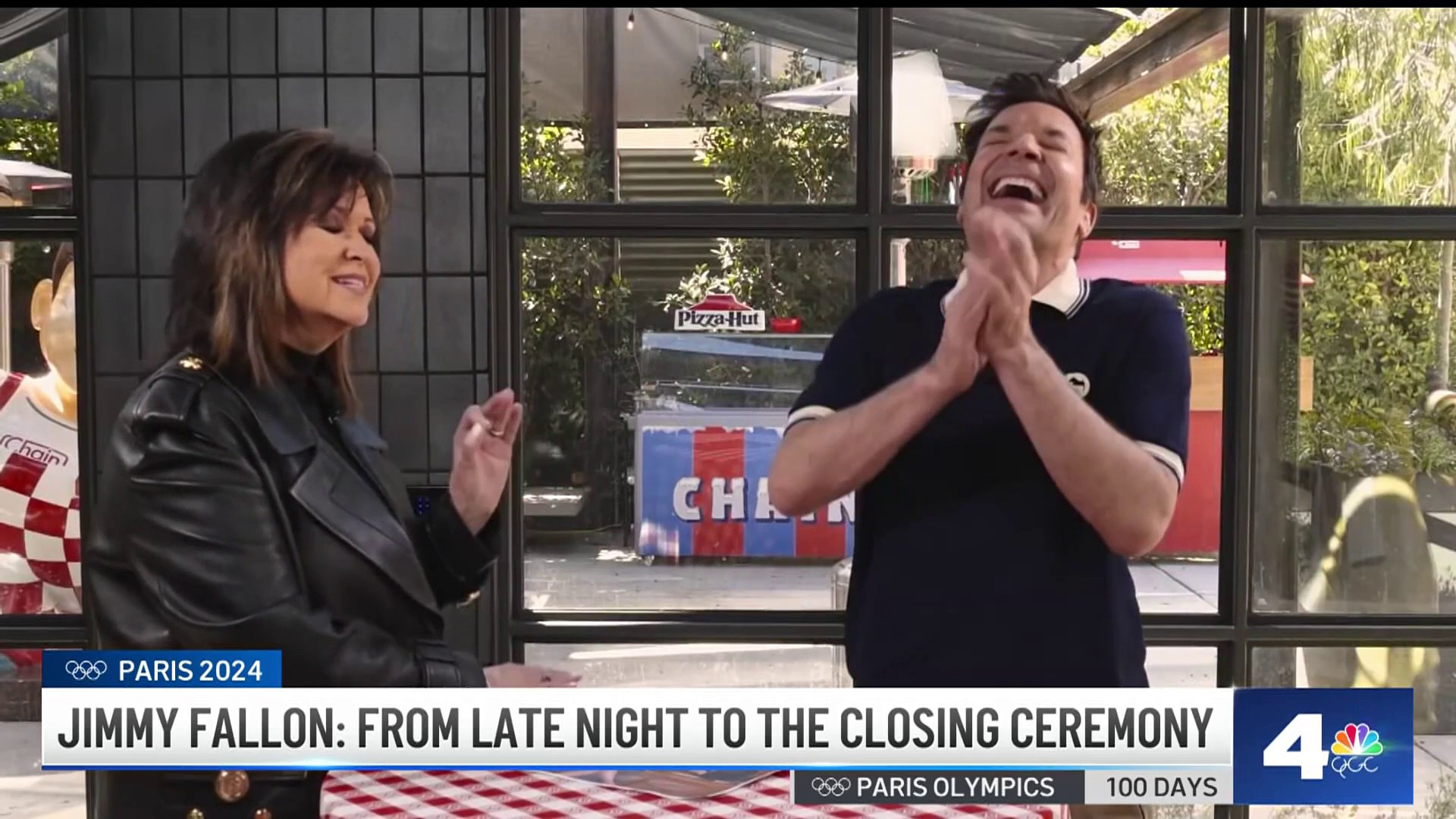Disney has done the frozen Nordic princess, the Chinese warrior princess and many others in between. But a Korean princess? Not so much.
Harvard University student Julia Riew has set out to fix that. The 22-year-old Korean American senior wrote “Shimcheong: A Folktale” — a full-length musical inspired by a Korean folktale with a decidedly Disney movie vibe — as her senior thesis.
She’s been releasing snippets of it on TikTok since January, and has quickly amassed a passionate following with the short videos that show her transforming into an animated Disney princess as she belts out her songs.
Riew has even sparked interest from Hollywood and theater producers, while supporters have taken to creating visuals and animations to help bring her story to life.
Get Southern California news, weather forecasts and entertainment stories to your inbox. Sign up for NBC LA newsletters.
“It honestly still feels like I’m dreaming,” she said recently. “It’s been heartwarming to see the reaction, especially among the Korean American community.”
Riew, who grew up in St. Louis, Missouri, before her family moved to New York City and then Connecticut, hopes the musical follows the same trajectory of others successfully workshopped and crowdsourced on TikTok in recent years.
“Ratatouille: The TikTok Musical” debuted in 2020 as a benefit concert featuring Adam Lambert, Wayne Brady and other stars after the idea percolated for months on the social media platform among musical theater fans and out-of-work performers.
Entertainment News
Last year, the female duo known as Barlow & Bear went viral on TikTok with a song inspired by the soapy Netflix period drama “Bridgerton.” That led to “The Unofficial Bridgerton Musical,” a 15-song album now up for a Grammy — a first for a TikTok collaboration.
Riew’s musical draws on the Korean folktale “The Blind Man’s Daughter,” about a young woman who tries to restore her blind father’s sight but ends up in the faraway Dragon Kingdom.
In Riew’s version, the young Shimcheong spends years growing up in the magical realm before setting out on an epic journey home. Along the way, truths are revealed, obstacles are overcome and there’s no shortage of laughs and catchy songs.
If that sounds like the plot for many of Disney’s most beloved works, that’s the point, says Riew, who grew up on a steady diet of Disney and Broadway soundtracks and began writing her own songs and musicals at a young age.
“What stood out to me is that it’s a story about a young woman who goes on an adventure,” she explains. “There aren’t too many stories in Korean folklore about women, especially ones where they go on adventures.”
Disney has historically struggled to reflect the diversity of its audience, falling back on stories featuring predominantly white characters and stereotypical depictions of non-white cultures, says Jana Thomas, a media and communications professor at Kansas State University in Manhattan, Kansas, who researches social media and has also written about representation in Disney films.
But the entertainment giant has responded to calls for more representative works and found success, from 2016’s Moana to Coco, Soul, Raya and the Last Dragon, and last year’s hit Encanto, she said. Turning Red, an animated film Disney’s Pixar studios is set to release next week, features a teenage Chinese-Canadian protagonist.
“Julia’s use of TikTok to build a fanbase and attract the attention of Disney was a well-executed move,” Thomas adds. “She used a social media platform preferred by a user demographic that support her goal to increase representation within media and entertainment. I’d love to see Julia’s story be an example for others who want to maximize the proactive and positive power of social media."
Spokespeople for Disney didn’t respond to an email seeking comment this week. But even if the film studio doesn’t come calling, Riew is optimistic Shimcheong will live on after she graduates and embarks on a career as a musical composer and lyricist. She’s already hired an agent to help navigate some of the early discussions.
“It seems at this point the project will be moving forward,” she said. “Not sure yet if that means as a stage production, as an indie film or something else, but there definitely has been some interest.”
Riew says she's long toyed with the idea of a musical drawing from her Korean heritage but only seriously started working on it after the coronavirus pandemic hit and she ended up moving back home because campus was shuttered.
Riew admits she struggled at times to write the story and questioned if it was appropriate for her, as a third generation Korean American, to tell it.
“There were moments where I tried to quit, when I felt like I was a fake Korean,” she said. “But I realized over the process that we can only really represent our own story, and that’s totally okay. There’s no such thing as one way to be Korean.”
Putting the videos up on TikTok hasn’t just helped generate buzz for the project — it’s also helped her refine it.
Riew says she changed the character of Lotus, Shimcheong’s sidekick and the story’s comic relief, from a dragon to a gumiho — a mythical nine-tail fox in Korean folklore — based on feedback from supporters.
“It’s been reinvigorating,” she said of putting out her work to the sometimes critical eye of social media. “It’s been eye-opening to realize how many people would love to see this come to fruition.”



